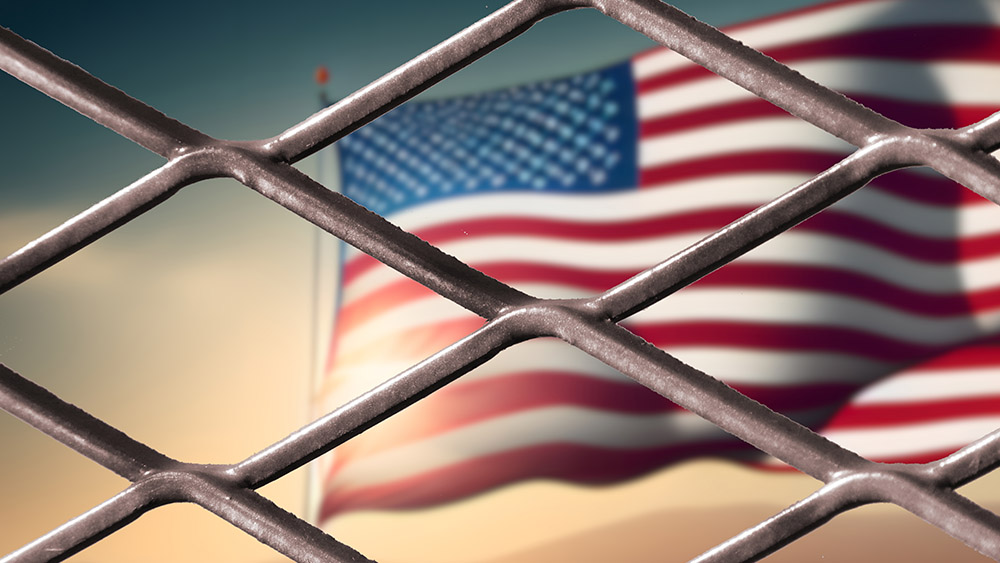 Parler
Parler Gab
Gab
- The Netherlands is advancing a national ban on imports from illegal Israeli settlements.
- This action reflects growing European impatience with Israeli settlement expansion and West Bank violence.
- A group of nine EU states is collectively urging the European Commission to end settlement trade.
- The legal path for such bans is complex but was strengthened by a recent International Court of Justice ruling.
- These import bans are seen as a strong political message rather than a significant economic blow.
A slow legal process
The path to implementing these bans is fraught with legal complexity. Van Weel acknowledged that the process has been slow, primarily because trade policy falls under the jurisdiction of the European Union. “It’s not easy to make a carve-out,” he explained. “We cannot just stop [all imports from illegal settlements] immediately because there is currently no legal basis for that.” This highlights the challenge individual nations face when attempting to take unilateral action against products originating from occupied territories. The push for these sanctions comes amid a documented surge in violence against Palestinians in the West Bank. United Nations data reveals an average of eight daily Israeli attacks on people, property, and agriculture in October, which is the highest number since the UN began keeping records nearly two decades ago. This escalating violence, combined with political demands inside Israel for the annexation of the West Bank, has increased international pressure for a meaningful response. The legal foundation for these national bans was strengthened by a recent ruling from the International Court of Justice (ICJ). The court found Israel’s occupation to be illegal and stated that other states have an obligation not to aid or assist Israel, nor to recognize the occupation as lawful. This ruling has empowered European nations to pursue measures that align their trade policies with international law.Calls for broader action
Some diplomats and experts argue that banning settlement goods is merely a first step. Sven Kuhn von Burgsdorff, a former EU envoy to occupied Palestine, asserts that this should be part of a larger policy shift. He advocates for suspending Israel’s preferential trade arrangements with the EU, sanctioning far-right Israeli ministers, and ending Israel’s participation in the Horizon Europe research program. Despite these condemnations and proposed targeted bans, the economic relationship between Europe and Israel remains deep and complex. The European Union collectively is Israel’s largest trading partner, accounting for a full third of its worldwide trade in goods. Furthermore, EU states remain among the biggest buyers of Israeli weapons and defense systems, purchasing more than $8 billion worth last year alone. This contradiction underscores the limited impact a settlement import ban would have on its own. Israeli exports from settlements in occupied Palestine constitute only a tiny fraction of its overall trade with the EU. Consequently, these sanctions are viewed more as a potent political message of commitment to international law and a future Palestinian state than as a significant economic deterrent against the occupation state. The Netherlands' decision represents a notable shift for a country historically known as one of Israel’s most loyal European allies. This move, alongside similar actions by other nations, signals a slow but perceptible erosion of Western tolerance for Israel’s permanent occupation and the systemic violence that sustains it. Can economic pressure succeed where decades of diplomacy have failed? Sources for this article include: TheCradle.co TheGuardian.com MiddleEastEye.netGermany to resume arms exports to Israel despite repeated ceasefire violations
By Cassie B. // Share
Ukrainian strikes, sanctions fuel global diesel crisis as prices soar
By Belle Carter // Share
By Lance D Johnson // Share
EU demands accountability as Ukraine corruption scandal threatens aid
By Belle Carter // Share
Governments continue to obscure COVID-19 vaccine data amid rising concerns over excess deaths
By patricklewis // Share
Tech giant Microsoft backs EXTINCTION with its support of carbon capture programs
By ramontomeydw // Share
Germany to resume arms exports to Israel despite repeated ceasefire violations
By isabelle // Share








